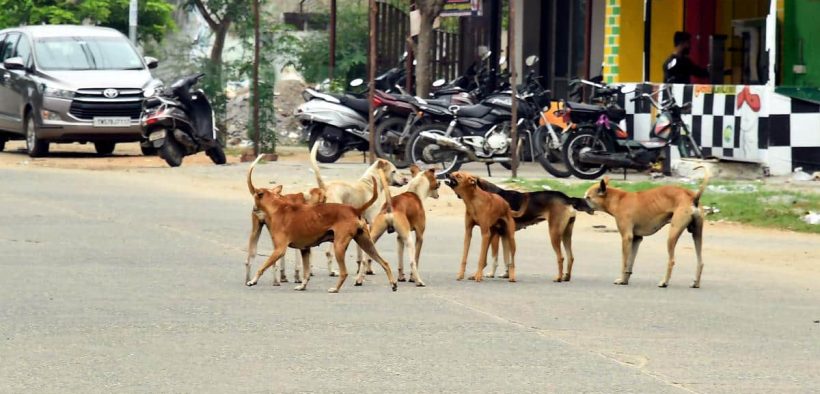India’s Supreme Court, worried about the rising number of dog bite incidents and rabies cases in Delhi, issued a strong order on August 11, 2025. Authorities in Delhi and the surrounding National Capital Region must capture 5,000 stray dogs from high-risk areas within six weeks. All captured dogs are to be sterilized, vaccinated, and housed in securely monitored shelters, and must not be released back onto the streets.
Advertisements

The court also directed the creation of an animal helpline within one week to handle dog bite incidents promptly, aiming for calls to be responded to within four hours. These measures are meant to protect the public—especially children and the elderly—which have seen alarming bite and rabies statistics.
However, the directive has sparked controversy. Some residents, including various Residents’ Welfare Associations (RWAs), welcomed the order, calling it a relief from a growing hazard. Others, especially animal rights groups, argue the order is impractical and cruel, citing inadequate shelter space, massive financial burdens, and the threat it poses to humane treatment. They advocate instead for proven methods like large-scale sterilization, vaccination drives, and community support.
Prominent voices, including Rahul Gandhi, denounced the move as regressive and lacking compassion, and warned it could reverse decades of humane, science-based stray dog policies.
As authorities scramble to build infrastructure and allocate funds to comply, the order highlights the tension between public health priorities and ethical treatment of animals in urban India.
